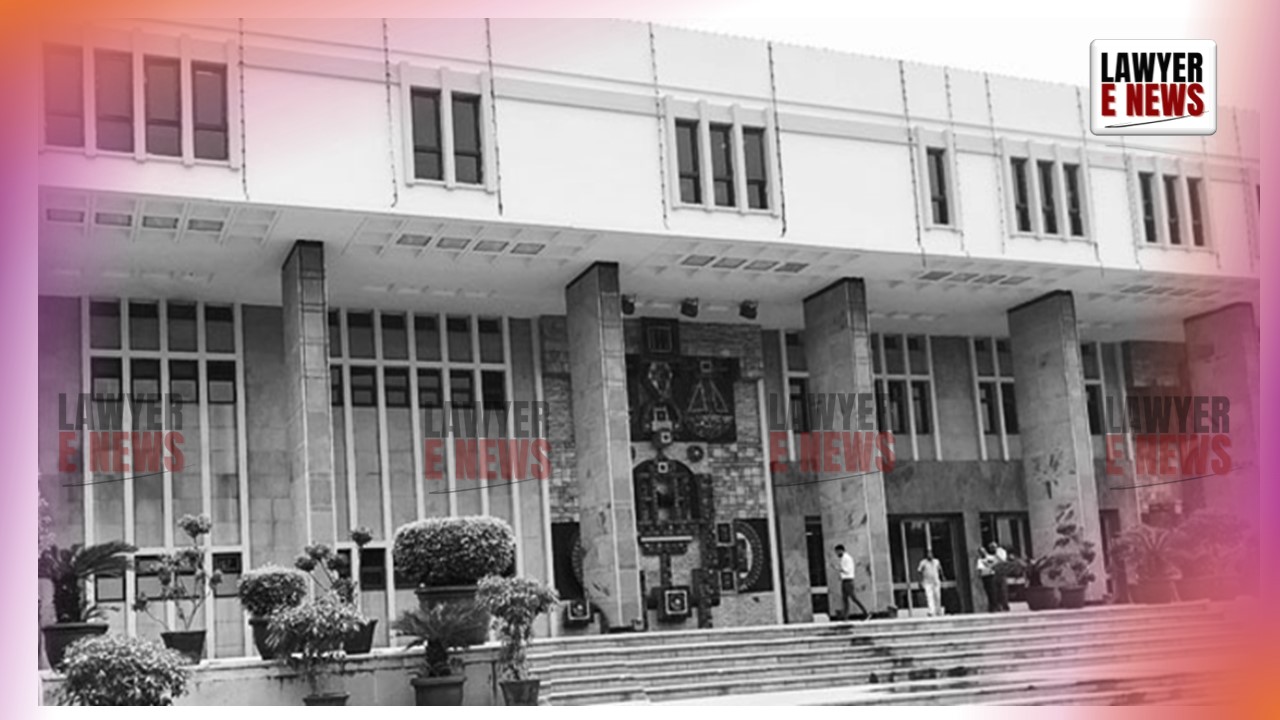-
by Admin
15 February 2026 2:36 AM



In a ruling Delhi High Court restored the appellant-wife’s right to cross-examine herself after it was arbitrarily closed by the Family Court. The High Court emphasized the importance of balancing efficiency with fairness in matrimonial disputes, while ensuring that professional obligations of parties are duly considered.
"Cross-Examination Right Cannot Be Closed Arbitrarily," Rules Court
Case Background
The appellant, Pooja Sharma, filed an appeal under Section 19 of the Family Courts Act, 1984, challenging an order passed by the Family Court at Patiala House, New Delhi. The Family Court had closed her right to examine herself after she failed to appear for cross-examination on December 18, 2024, citing urgent work commitments. Although the appellant had been cross-examined for an entire day on December 16, 2024, and partially on December 17, 2024, her request to postpone the next day’s hearing was rejected.
The Family Court also decided not to prioritize her application for maintenance under Section 24 of the Hindu Marriage Act, 1955, prompting the appeal.
1. Closure of Cross-Examination Was Hasty: The High Court found that the Family Court acted insensitively in closing the appellant’s right to cross-examine herself, despite her valid reasons for absence.
o Justice Rekha Palli stated:
“In matrimonial disputes, where emotions run high, a little more sensitivity is required. The Family Court's anxiety to expedite the trial should not result in arbitrary decisions.”
2. Work Commitments of Private Sector Employees:
Acknowledging the constraints of working professionals, the Court observed that the appellant’s inability to attend the hearing was not deliberate but due to genuine professional commitments.
o The Bench remarked:
“The appellant, working in the private sector, could not be expected to take leave at will.”
3. Maintenance Application Need Not Be Decided Separately: The High Court upheld the Family Court’s decision to consider the maintenance application under Section 24 of the HMA along with the main petition. Citing the precedent in Akash Chadha v. Preeti Khanna, it clarified that separate adjudication of such applications is unnecessary.
The High Court directed that the appellant’s cross-examination be resumed and completed before final arguments are heard. Additionally, it issued broader guidelines for matrimonial proceedings:
• Expediting Cross-Examinations:
The Court directed Family Courts to ensure that cross-examinations are not prolonged unnecessarily, aligning with the Family Courts Act's goal of speedy resolution of disputes.
o The Court remarked:
“Dragging cross-examinations causes undue harassment and is contrary to the spirit of the Family Courts Act.”
• Family Courts' Objective:
Referring to the Act's preamble, the judgment highlighted the importance of promoting conciliation and securing expeditious settlement of disputes related to marriage and family matters.
This judgment is a reminder of the need for procedural fairness in family disputes while avoiding arbitrary decisions. It stresses sensitivity towards working professionals involved in litigation and reiterates the statutory mandate of swift and fair resolution of matrimonial cases.
Date of Decision: December 20, 2024
